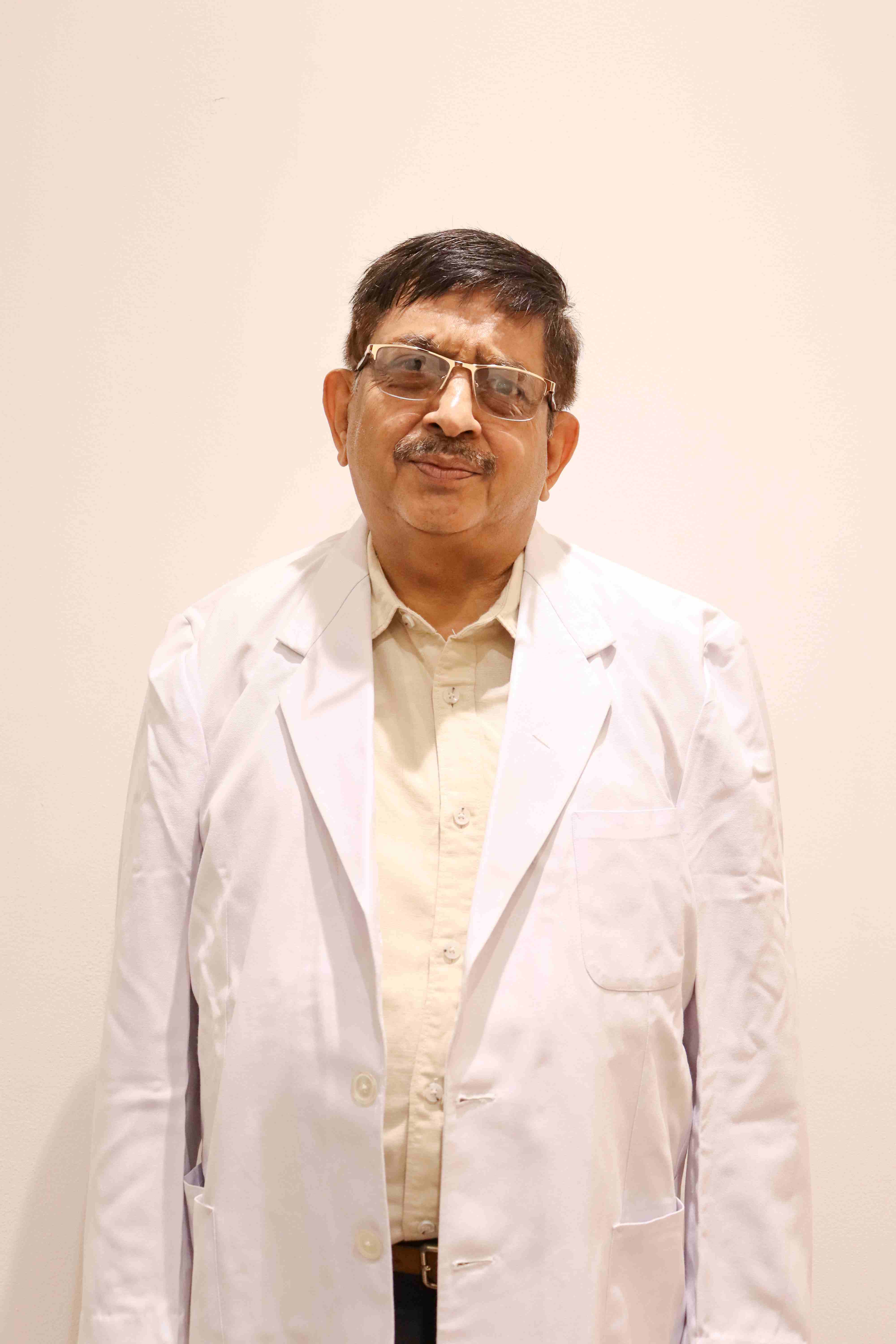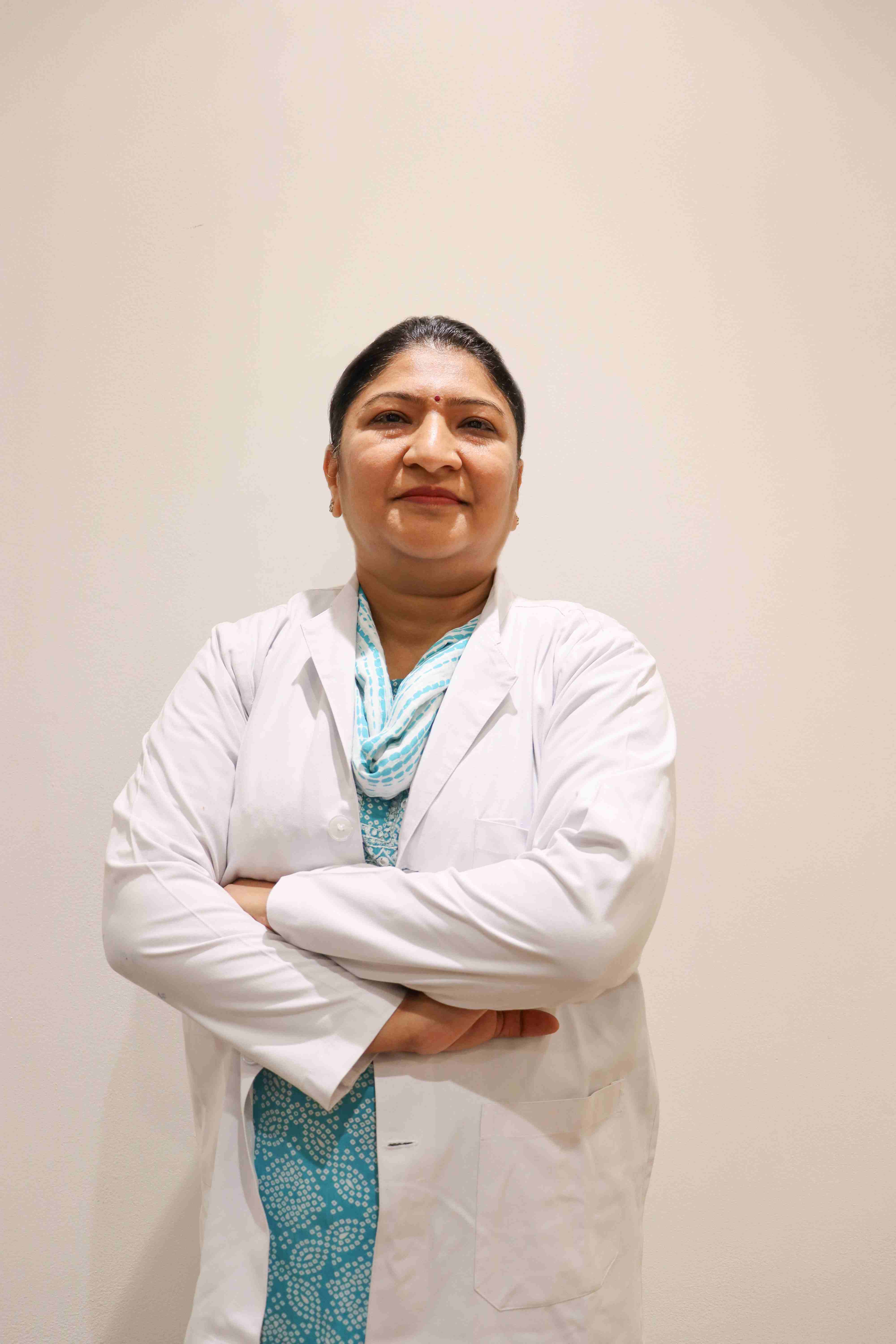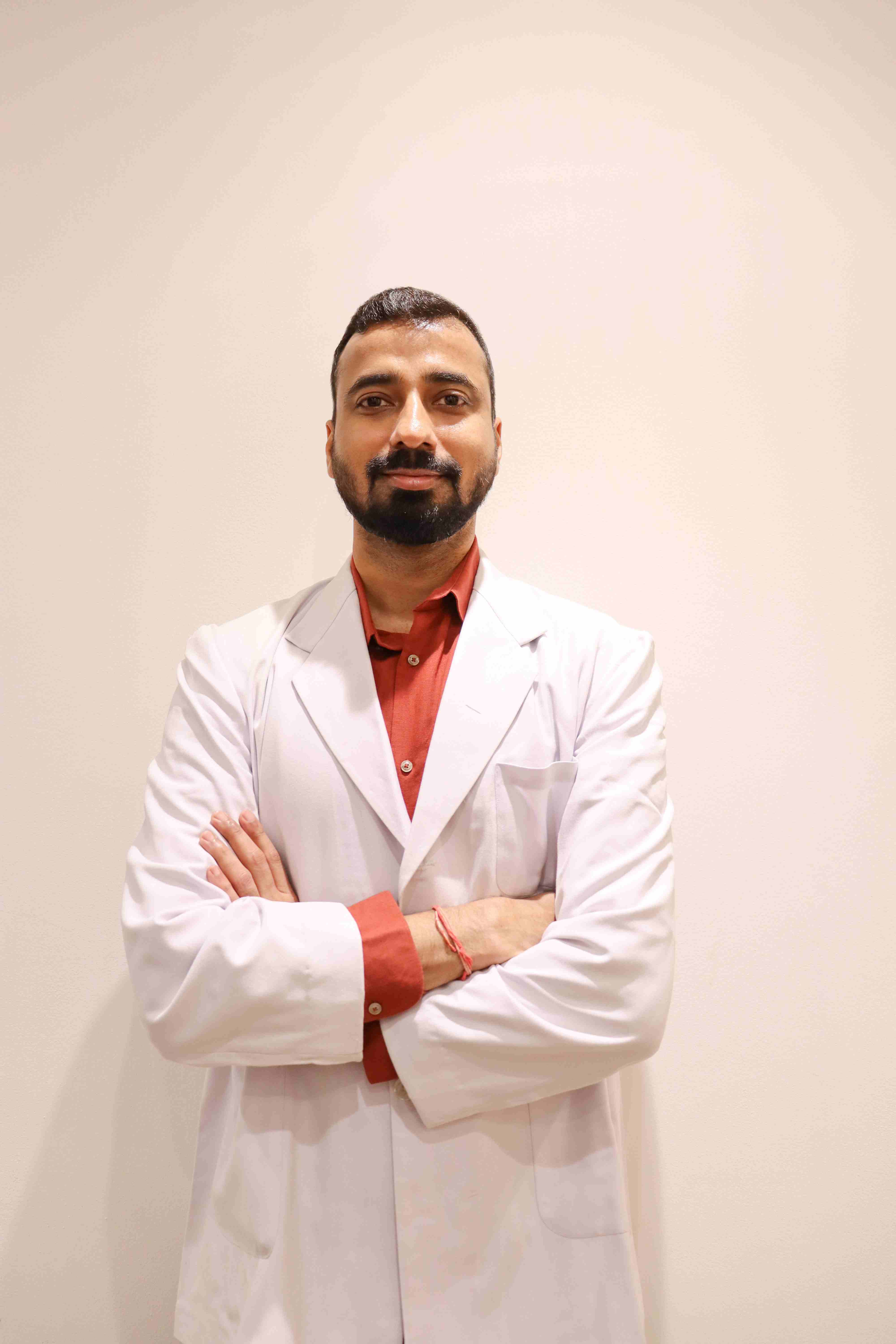
A doctor checking a patient’s blood pressure during a routine health checkup.
Hypertension, commonly known as high blood pressure, is among the most common but frequently neglected disorders of human health in the world. It affects millions and can quietly damage one's heart, brain, kidneys and arteries over time. Due to the fact that it usually develops without noticeable symptoms, hypertension is named "the silent killer." Understanding what causes high blood pressure, early warning signs of developing it and how to manage it effectively protects against the development of complications over time.
Hypertension occurs when the pressure exerted by blood on your artery walls is high on a regular basis.
Two numbers measure blood pressure.
A normal reading is usually about 120/80 mmHg. If blood pressure remains at or above 130/80 mmHg over time, then the condition is known as high blood pressure.
Over time, this persistent pressure places a burden on your heart and arteries, making them work harder, yet less effectively. If left untreated, it may lead to serious problems such as heart attacks, strokes, kidney disease and even loss of vision.
There are two main types of hypertension:
Most of the time, hypertension does not have any apparent symptoms, which is why regular blood pressure checks are so important. When blood pressure levels become dangerously high, some people experience the following:

A man clutching his chest in discomfort.
Because these symptoms can also be associated with other diseases, one cannot solely rely on them. It is risky. Early detection of hypertension is best achieved through routine monitoring.
High blood pressure can result from several factors. Some of the causes can be controlled, while others cannot.
Lifestyle-related factors include:
Non-modifiable factors include:
If left unmanaged, high blood pressure can silently damage vital organs and lead to such life-threatening complications as:
It would indeed overcome these complications with only routine checking and timely interference.
Diagnosis of hypertension usually involves repeated blood pressure readings at different times. Your doctor may also recommend blood tests, urine tests and ECGs to assess the organ function and rule out secondary causes. The blood pressure is checked in a quiet surroundings and preferably at the same time of the day for accurate results.
Many track daily readings from digital home blood pressure monitors or wearables. Recording such readings helps a doctor establish your average levels and thus adjust your treatment accordingly.
Small, consistent lifestyle changes can go a long way toward keeping your blood pressure under control. Some such helpful habits include:

A man exercising at home.
You should see a doctor if:
Regular check-ups are important, even when you feel healthy. Early detection and timely management may prevent long-term damages.
At Prakash Hospital, we help the patients understand and manage their hypertension. The cardiologists and internal medicine specialists offer comprehensive care with diagnosis, treatment and lifestyle counseling. Using modern diagnostic testing and monitoring technology, we are able to track blood pressure trends in order to reduce complications. This is so that every patient may take charge of their heart health and live a longer, healthier life.
Hypertension may be silent, but its impact is powerful. Through the identification of risk factors, life-style modification and regular check-ups, you can keep your blood pressure under control. Small daily changes in your eating, exercising and handling stress will pay big dividends for your heart, brain and overall health.
We offer expert care across key specialties, including Medicine, Cardiology, Orthopaedics, ENT, Gynaecology, and more—delivering trusted treatment under one roof.

Dr. R.C. Sharma

Dr. Meenakshi Nashi

Dr. Rakesh
Prakash Hospital Pvt. Ltd. is a 100 bedded NABH NABL accredited multispecialty hospital along with a center of trauma and orthopedics. We are in the service of society since 2001.
OUR SPECIALITIES
Contact Us
D – 12A, 12B, Sector-33, G. B. Nagar, Noida, Uttar Pradesh 201301
+91-8826000033

© 2026 All rights reserved.
Designed and Developed by Zarle Infotech